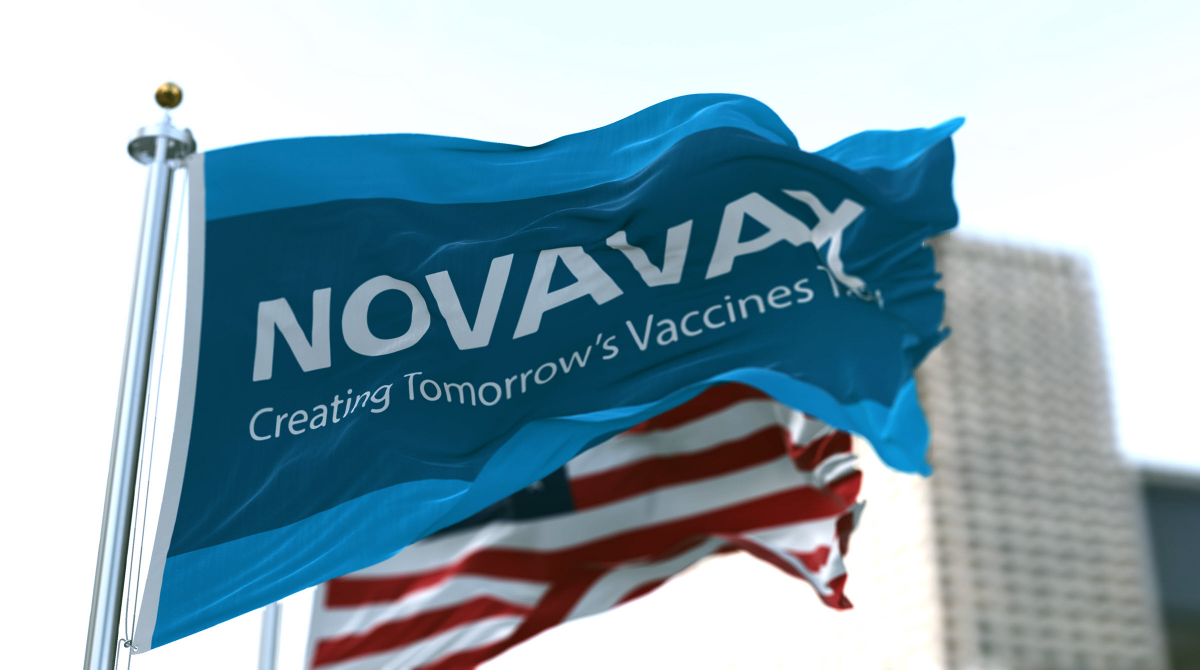Expert sees serious alternative to mRNA
For the German vaccine expert Ralf Clemens, the mRNA vaccination primarily has one advantage. She’s fast. It can be developed quickly, adapted quickly and is therefore simply available more quickly when a new virus is up to mischief.
In the long term, Clemens, who himself has developed more than 25 vaccines to market maturity in 30 years, sees the more conventionally manufactured dead vaccines, above all the recombinant protein vaccines, at the forefront of the fight against corona. Opposite the science magazine Nature said Clemens: “I think they will prevail.” They had “a lot more to offer.”
Clemens sits with the vaccine manufacturers Curevac from Germany and the Franco-Austrian Valneva in the supervisory board. Valneva is working on a dead vaccine herself. Other vaccine manufacturers, including the Chinese company Clover Pharmaceuticals as well as the Bill & Melinda Gates Foundation advises the German. Previously, Clemens was Head of Global Vaccine Development at GSK (Glaxo-Smith-Kline), Novartis and Takeda Vaccines.
According to Clemens, the fact that protein vaccines have not yet caught on is due to the speed disadvantage. Ultimately, this led to mRNA vaccines having been conditionally approved for a year, while dead vaccines such as the recombinant protein vaccine Novaxovid from the US manufacturer Novavax are still in the approval process.
From the outset, researchers had expected that the development of protein-based vaccines would take significantly longer. The purified proteins, which are presented to the body as spike protein in almost all vaccine variants, have to be produced on a large scale in genetically modified cells of mammals, insects or microbes. The process as a whole consists of a large number of steps, each of which must be optimized individually. It just takes a lot of time.
Once this process optimization is done and the capacities are increased, protein-based vaccines can be produced in large numbers very quickly. The production is cheaper than that of the mRNA vaccines. In addition, the protein vaccines hardly need any cooling and are therefore easier to handle in practical use. The use of such vaccines is a real option, especially for poorer countries on earth.
No serious side effects such as thrombosis, inflammation of the heart, anaphylactic shocks or deaths occurred in any of the vaccines in clinical tests. Even the reactions known from mRNA and vector vaccines, such as headache, nausea, fever or chills, occurred much less frequently in the studies on protein alternatives.
In fact, the side effect profile of the protein vaccine is determined less by the proteins themselves than by the adjuvants added. These are necessary in order to make the immune system aware of the alien who has entered via the syringe. There is a wide range of different substances here. Novavax, for example, uses an additive from the soap tree extract saponin to activate the immune system. Saponins aren’t new. They have been used as adjuvants for over ten years.
With their more favorable side-effect profile, the protein vaccines could also arouse the interest of all those double-vaccinated who will have to take care of a booster vaccination in the foreseeable future. From a scientific point of view, there are a few advocates of booster vaccinations with protein vaccines. According to John Mascola, director of the Vaccine Research Center at the US National Institute of Allergy and Infectious Diseases, studies have shown that a combined vaccination of various vaccines is particularly effective against the disease. So far, however, there is still a lack of concrete data to the necessary extent. At least Mascola thinks it is unlikely that protein vaccines could prove unsuitable for booster vaccinations.
The Coalition for Epidemic Preparedness Innovations (CEPI), a global alliance for the research and development of new vaccines to protect against new viral diseases, has invested more than one billion US dollars in the development of five protein-based Covid-19 vaccines, especially those from Clover ( China), Novavax (USA) and SK Bioscience (Korea). The studies required for approval applications are now available for many of the around 50 different protein-based vaccine candidates. Novavax applied for approval from the European Medicines Agency (EMA) for one of the most promising candidates, its Novaxovid vaccine. The confirms the receipt of the application and wants to make a decision after a detailed examination of the documents “in a few weeks”.
Novavax has had an emergency license in Indonesia since November 1, 2021. The manufacturer has not yet submitted a corresponding application for the USA as the country of origin. The EU Commission had already ordered around 200 million doses of the vaccine in spring 2021.
Meanwhile, Valneva managing director Thomas Lingelbach is also confident. “We believe that VLA2001 could offer advantages over currently approved vaccines in terms of safety, cost, ease of manufacture and distribution. The tolerance profile was significantly more favorable than that of the active comparator vaccine. ”However, Lingelbach assumes that approval by the EMA for his vaccine is not expected before April 2022. The EU has also secured 60 million doses of this vaccine.



